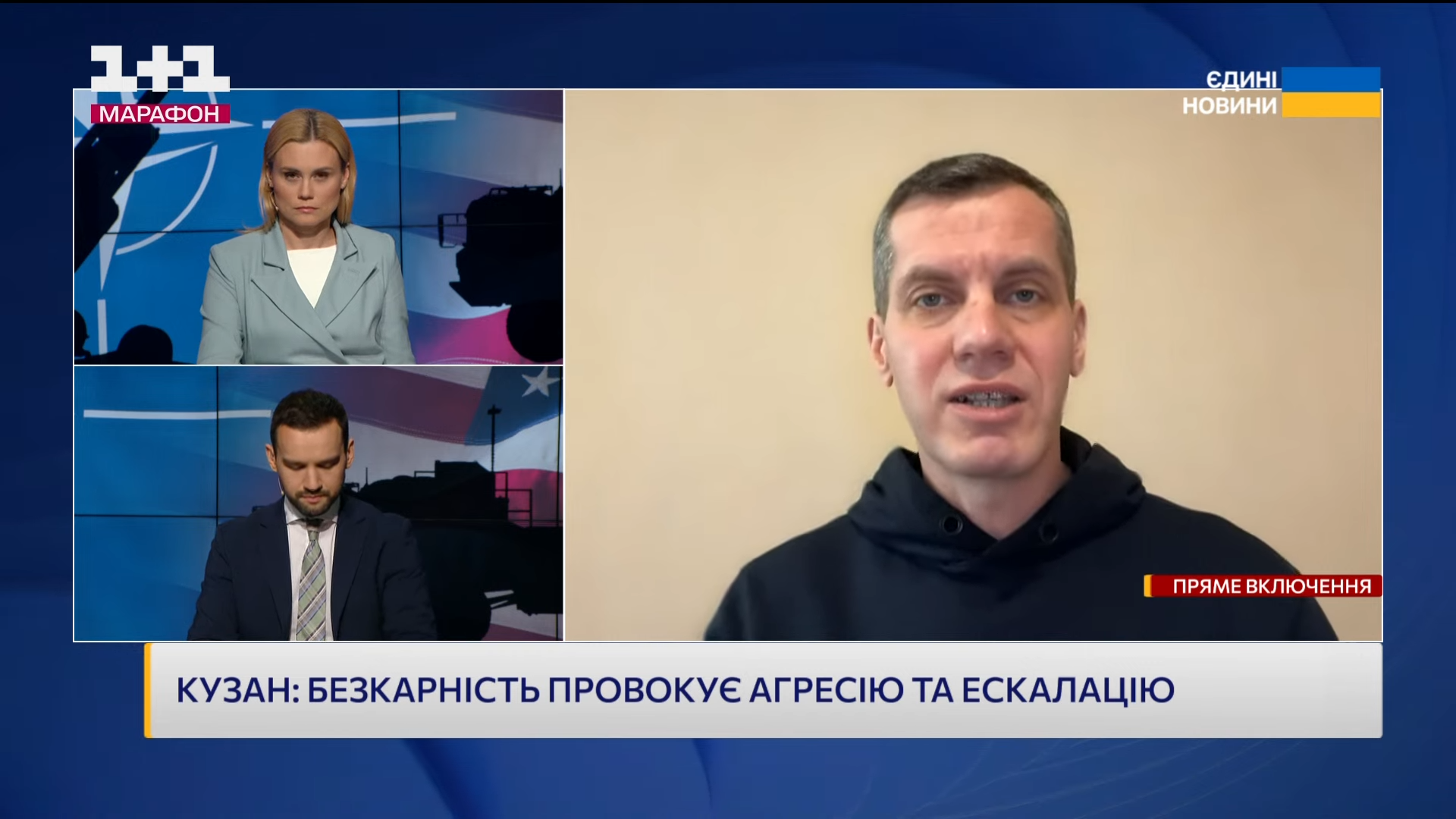The European Commission has criticized Ukraine's United News telethon and called for the country to work towards restoring a "pluralistic media landscape," according to the Commission's updated report on EU candidate countries' progress released on 30 October 2024.
The report specifically questions the state budget funding of the telethon and raises doubts about its objectivity, the Commission's document reveals.
Brussels also expressed concerns about the Parliament's media channel "Rada," noting that its primary task should be "sharing information on parliamentary business, including the work of representatives of the parliamentary opposition." The Commission highlighted that parliamentary session broadcasts, suspended in 2022, have not resumed.
Currently, most parliamentary news comes from a few opposition MPs who report on their activities and votes via social media, while Rada airs the same telethon as other channels.
The document notes that Ukraine's independent public broadcaster Suspilne-UA:PBC operates in a politically neutral way, with an independent supervisory board including civil society representatives and media experts. In May 2024, the United News TV marathon was partially modified, giving more autonomy to Suspilne and allowing it to launch round-the-clock broadcasting on the First TV channel.
The criticism appears in the Commission's annual report analyzing all EU candidate countries' compliance with fundamental European Union principles, including respect for freedom of expression and speech.
Previous criticism
Public figures have criticized the United News telethon for presenting an overly optimistic view, often overlooking issues with serious implications for the military and broader situation.
In May, RFE/RL reported that journalist and serviceman Stanislav Aseiev wrote on Facebook after suffering a concussion at the front: "The only thing I can recommend is to turn off the telethon." He later explained to RFE/RL that the coverage of frontline events doesn't reflect reality, saying "a television picture of positivity and victories is being formed without real discussion about army problems, some of which threaten to become catastrophic."
According to RFE/RL, Oleksiy Haran, professor at Kyiv-Mohyla Academy, acknowledged that while the marathon was initially justified, trust in it has declined.
"It began to be seen as a way of monopolizing the information space and supporting the government by restricting free access to information and discussion. This is the general opinion now," RFE/RL reports Haran as saying.
The US State Department's 2023 Country Reports on Human Rights Practices mentioned the telethon as one of the violations of freedom of speech in Ukraine.
Vladimir Viatrovych, a member of parliament from European Solidarity opposition party, told RFE/RL that the marathon remains "excessively unbalanced" and that "military censorship often grows into political censorship."
Related:
- Western media sound alarm over press freedom decline in Ukraine
- Echoes of Yanukovych-era state censorship rock Ukrainian state media Ukrinform
- Operation “Doppelganger”: what the FBI knows about Russia’s latest fake news assault on Ukraine
- Ukraine advances EU accession talks, presents financial control plans to EU Commission
- Media coalition demands end to attacks on Ukraine’s public broadcasting company
- Zelenskyy fires security service chief accused of “weaponized draft” against journalist
- New EU defense commissioner: “Peace can be achieved only if Ukraine wins and restores its territorial sovereignty”
- Ukraine further integrates into European transport network
- EU Council finalizes €50 billion financial assistance plan for Ukraine





